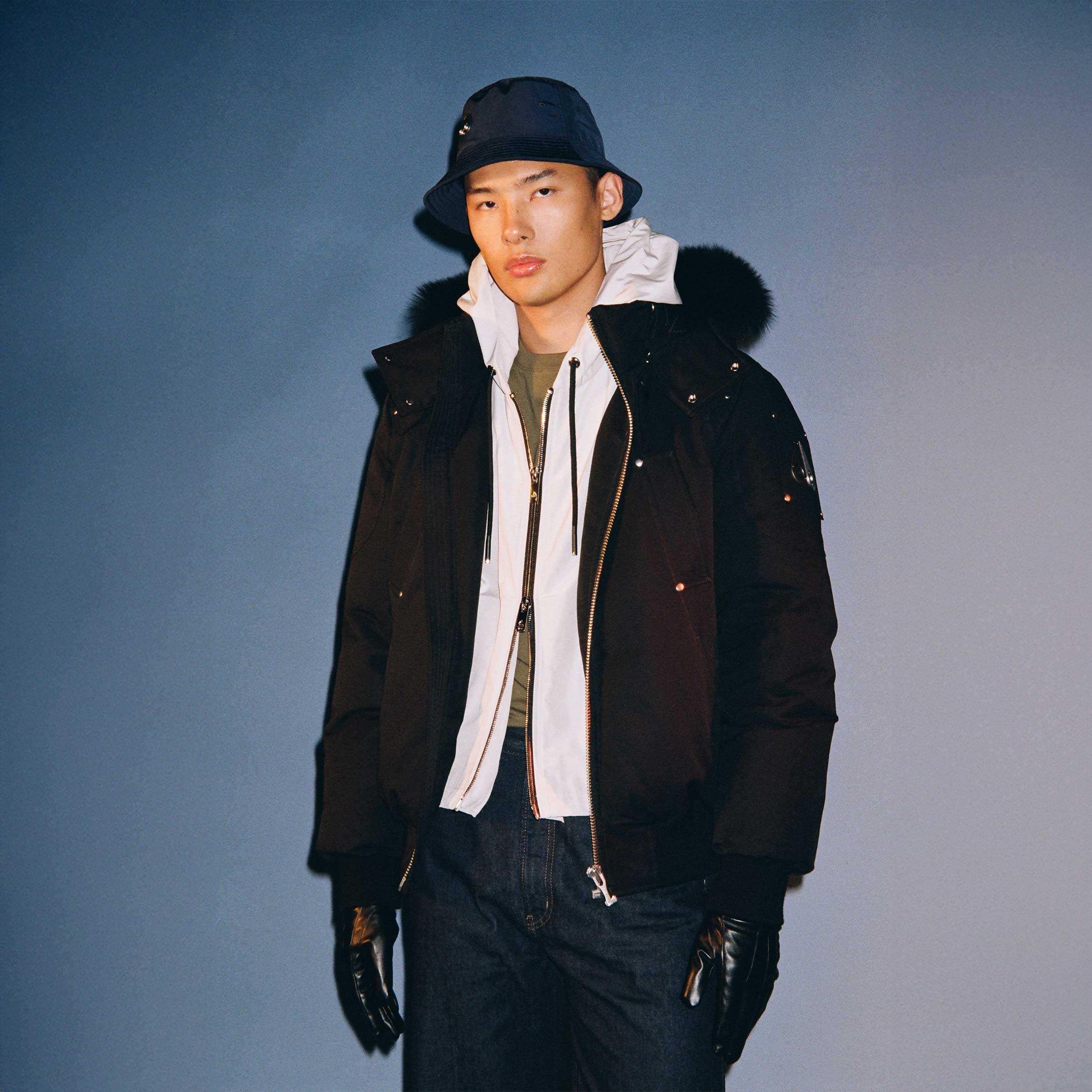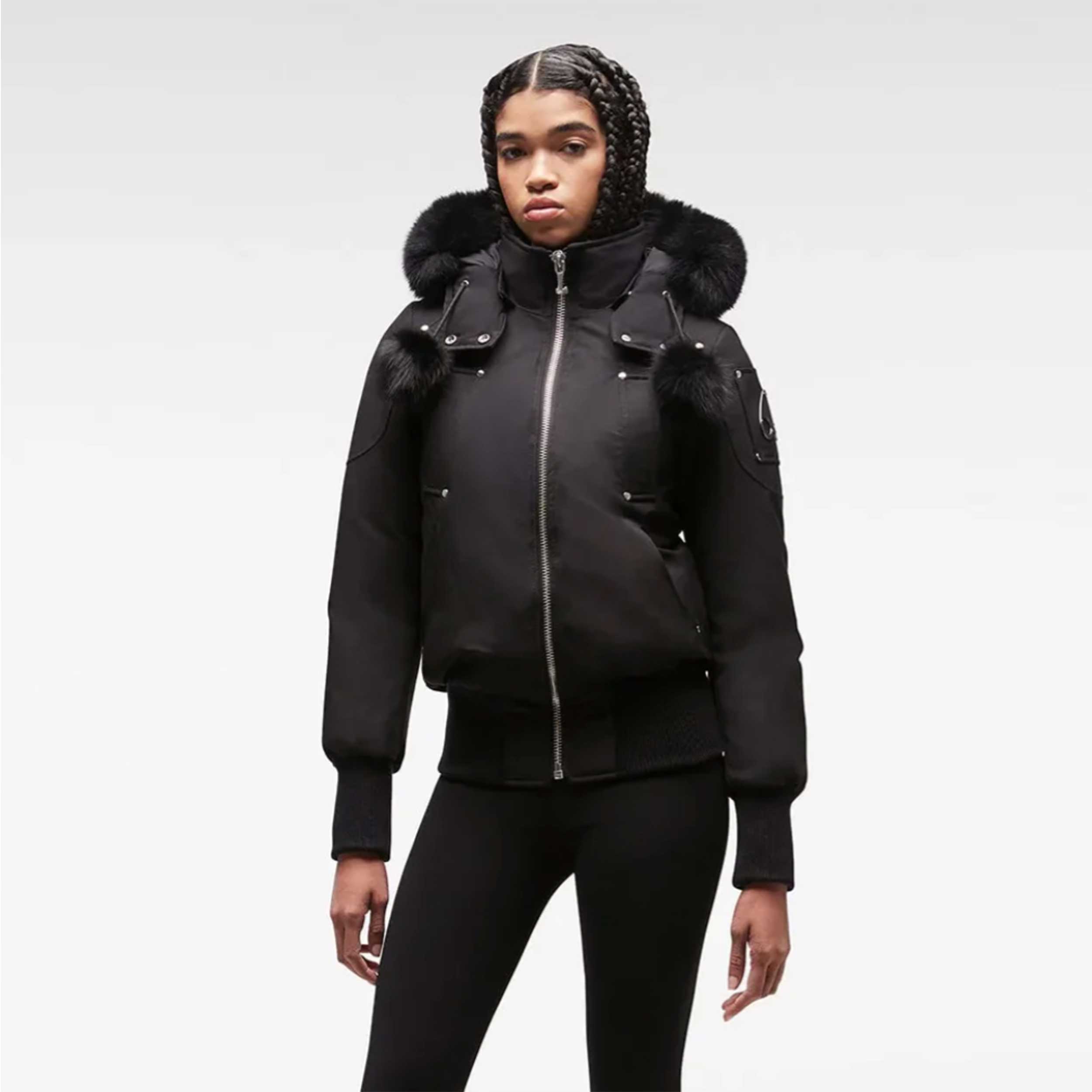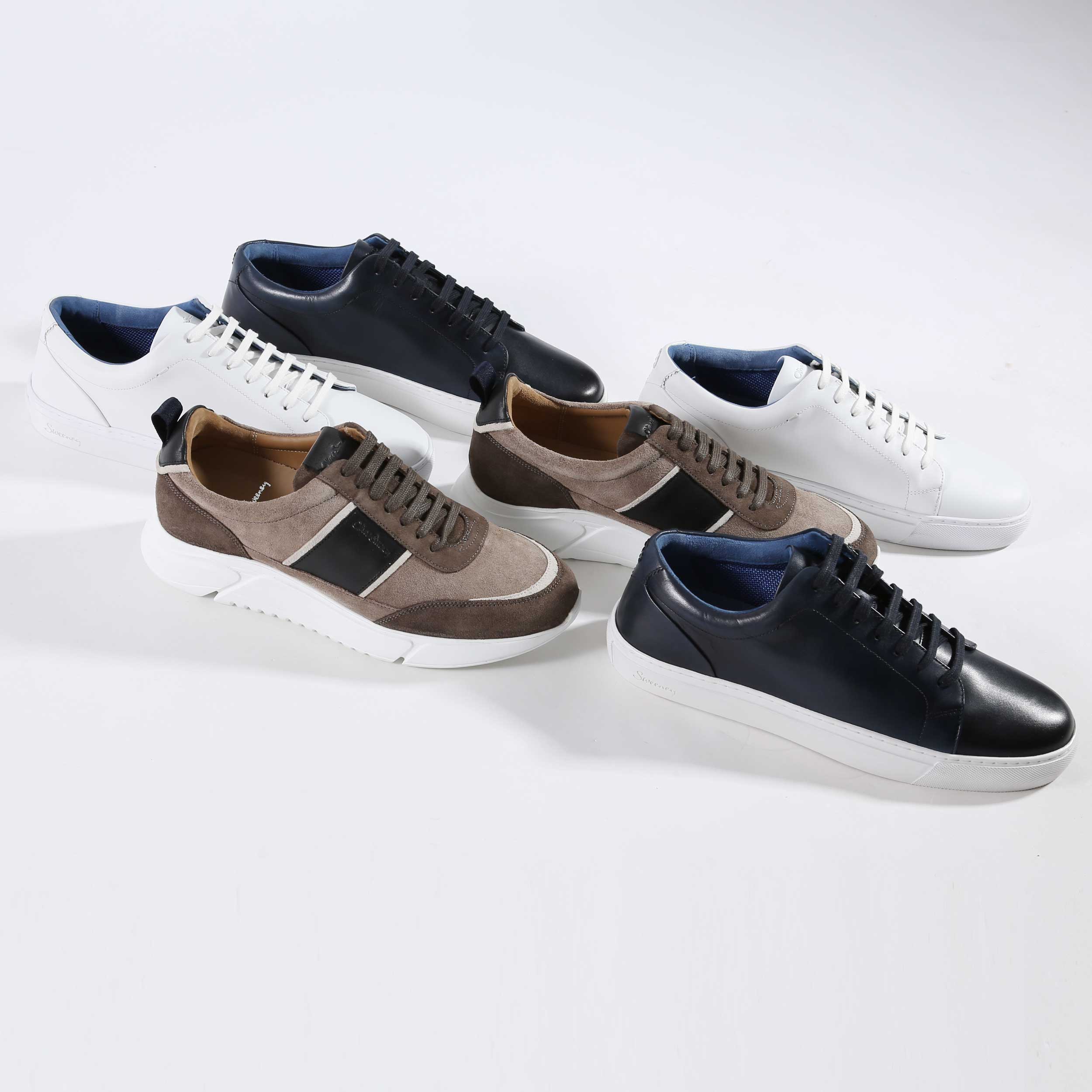The Impact of Fashion Weeks on Designer Collections: A Closer Look
Fashion Weeks have long served as the pinnacle of creative expression within the fashion industry. Hosted in key global cities like New York, Paris, London, and Milan, these prestigious events not only showcase the latest trends, but also play a crucial role in launching designer collections. In this article, we delve into the significance of Fashion Weeks, the processes behind them, and how they influence brands such as Hugo Boss, Belstaff, Paul Smith, Holland Cooper, and more.
Understanding the Essence of Fashion Weeks
Fashion Weeks typically occur biannually and bring together designers, models, media, retailers, and influencers to celebrate the art of fashion. What started as simple showcases for the designers to display their works has now evolved into a global phenomenon that sets the tone for fashion worldwide.
The Historical Context
The concept of Fashion Weeks originated in the 1940s, with the first New York Fashion Week taking place in 1943. This idea was birthed out of necessity, as World War II restricted American designers from attending Paris Fashion Week. Over time, New York, London, Milan, and Paris became the four fashion capitals—stages for iconic brands like Hugo Boss and Belstaff to unveil their seasonal collections.
The Role of Fashion Weeks in Brand Visibility
Fashion Weeks serve as an excellent platform for brands to gain visibility and presence on a global scale. In a sea of talent, the spotlight often shines on well-established names along with emerging designers, allowing for a diverse range of aesthetics and ideas to coexist.
Launching New Collections
One of the most significant roles of Fashion Weeks is the launch of new collections. For designers like Paul Smith, these events provide an opportunity to present their vision in a dramatic fashion. The eclectic designs of Paul Smith are often accompanied by his signature playful color palette, creating memorable presentations that captivate audiences and generate buzz.
Brands showcase their creative journeys through elaborate runway shows, and the way these collections are received can drastically affect their visibility in the market. This is particularly pertinent for emerging brands, as the reviews and feedback they gather can shape their future trajectory.
Cultural Significance of Fashion Weeks
Fashion is not merely about clothing; it reflects societal norms, cultural shifts, and global challenges. Fashion Weeks encapsulate these elements, showcasing movements of the time and allowing brands to communicate their narratives.
Highlighting Social Issues
In recent years, several designers have taken it upon themselves to address pressing social issues through their collections. Designers like Holland Cooper have embraced sustainability and ethical practices, presenting pieces that tell a story far beyond aesthetics. During Fashion Weeks, this narrative reaches a larger audience, allowing for discussions around these critical topics.
Fashion Weeks: A Buzz Generation Machine
Creating buzz before and after a Fashion Week event is crucial for designer brands. Leading up to the shows, brands often engage in strategic marketing endeavors that include social media teasers, influencer collaborations, and press interviews. For instance, the engaging campaigns by Belstaff often spark curiosity, inviting extensive media coverage and generating excitement.
The Power of Influencers
In today’s digital age, influencers hold significant power over consumer behavior. Brands strategically partner with influential figures who can amplify their visibility. For instance, during Fashion Weeks, seeing influencers sporting collections from brands like Hugo Boss or Paul Smith enhances brand recognition and desirability, and provides social proof that elevates their collections in consumers' minds.
The Economic Impact of Fashion Weeks
Fashion Weeks contribute significantly to the economy, driving sales for participating designers and brands. The events create a surge of excitement that often leads to an increase in pre-orders and buyer interest. This phenomenon is essential for both established designers and newcomers to the market.
Investment Opportunities
After a successful showing at Fashion Week, brands frequently see an influx of investment opportunities. Potential investors are excited by the visibility and reputation that these events create. Designers such as Holland Cooper have successfully attracted collaboration opportunities and licensing deals following their Fashion Week appearances.
Challenges Faced by Designers During Fashion Weeks
While the opportunity to showcase collections at Fashion Weeks is invaluable, it also comes with a set of challenges that designers must navigate effectively.
The Pressure to Innovate
As trends evolve, designers are under immense pressure to produce innovative collections that resonate with the changing landscape. The iconic style of brands like Hugo Boss faces scrutiny to remain relevant amid fresh emerging trends and tastes. This pressure can lead to burnout, making it essential for designers to find a balance between creativity and mental health.
Logistical Hurdles
Planning a Fashion Week runway show involves a myriad of logistical considerations—from securing the perfect location to coordinating models andcurating the right soundtrack. Emerging designers, in particular, may struggle to find resources to help them navigate these complexities, which can dampen their presentation efforts.
Fashion Week Trends and Consumer Engagement
Fashion Weeks are not solely for buyers and press; they’ve become an opportunity for direct consumer engagement as well. Many brands utilize social media platforms to live-stream their runway shows, allowing a global audience to participate virtually. This approach has been transformative, particularly during times of travel restrictions.
From Runway to Retail
The distance between the runway and retail is shortening. Designers are now offering customers pre-orders right off the runway, making the experience more seamless and interactive. Consumers can instantly shop collections from Belstaff or Paul Smith that catch their eye during the show, creating a direct link between interest and purchase.
The Future of Fashion Weeks
The evolution of fashion never ceases, leading us to ponder the future of these significant events. Will Fashion Weeks continue to hold the same relevance in a fast-fashion-dominated world?
Virtual Shows and Inclusivity
As we have seen during online-centric events, virtual reality has a growing role in Fashion Weeks. As designers explore this avenue, they aim to make these shows more inclusive by engaging a broader audience than ever before. This evolution allows brands to showcase their collections while broadening their outreach—perfect for brands like Holland Cooper.
Embracing Sustainability
With growing awareness around environmental issues, sustainability is becoming increasingly crucial. Future Fashion Weeks may emphasize eco-friendly practices, featuring brands that prioritize sustainable resources. The trend towards responsible fashion is likely to reshape collections and ensure that brands like Hugo Boss and Belstaff remain viable in a progressive market.
Dive Deep Into Fashion’s Vibrant Future
Fashion Weeks are more than mere events—they are foundational experiences that allow designers to showcase their artistry while directly influencing market dynamics and cultural conversations. As we witness the continuous shift in audience engagement and market demands, it’s clear that the importance of Fashion Weeks will remain inextricably linked to the essence of the fashion industry as a whole. With a landscape rich in innovation, tradition, and creativity, the future of fashion promises to be nothing short of spectacular. So, the next time you prepare for a Fashion Week, consider the ripples it sends through the wider world of style—an exciting journey awaits!
Please feel free to visit one of our fellow Shopify user's stores by clicking here. Kindly note that this is a promotional link, and we cannot be held responsible for the content of the linked store.





